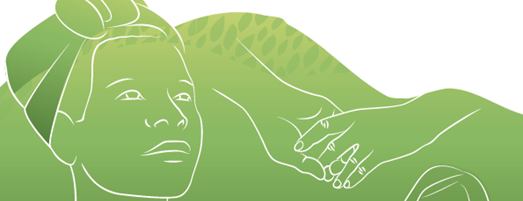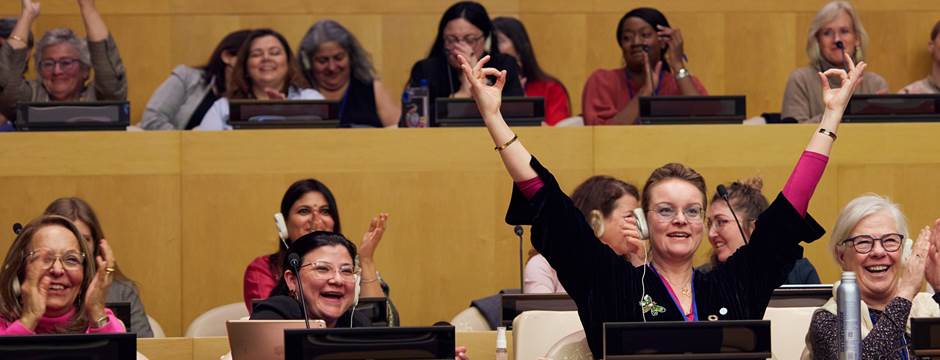It is a first time for everything. When I was in the Norwegian Air Force, I was among the first women serving as an air defense officer. Now I’m Norway’s first female ambassador to Serbia.
In marking today’s international Women’s Day, it is appropriate to remind ourselves and to reflect on where we stand when it comes to gender equality in diplomatic service in Norway and in the work force in general.
In the Norwegian foreign service presently, there is a ratio of 48% women and 52% men posted as Ambassadors worldwide. It is important to underline that this is the first year of nearly 50% women Ambassadors, so it has taken us time to get here. In general, 55% employees in the Norwegian Ministry of Foreign Affairs are women, which has been the case for much longer, also showcasing the extra time it takes for women to go up the ladder compared to men.
The growing numbers in the Serbian foreign service also show progress. The Serbian Ministry of Foreign Affairs sets a good example with an increasing number of divisions headed by women and increasing ratio of women ambassadors posted worldwide – 24 out of 74, or 33%.
However, having said that, its 2024, and being a woman Ambassador is still noticed a lot, making us continually reflect on what more must be done. Research done by several institutes globally refer to gender inequality among diplomatic corps worldwide, especially when it comes to appointments as ambassadors. The key to solving this challenge is to work at all levels, all the time.
It’s no coincidence that we have managed to reach a near 50/50 ratio in places like our diplomatic service and our government. Measures taken in Norway for the last several decades, like parental leave, right to childcare have given women greater maneuverability to work on an equal footing. We celebrated 40 years of our legislation promoting gender equality already in 2018.
In a historic move in 2023, the Norwegian government proposed that medium-sized and large companies should have at least a 40 per cent gender balance on the board. These updated rules will be gradually introduced already from 2024 and will eventually cover around 20,000 companies. Norway is the first country in the world to take this step.
However, gender, like all other issues, is a constant work in progress. Therefore, we have now taken a step further in our effort towards a greater gender equal and inclusive world. Our new action plan for women’s rights and gender equality in Norway’s foreign and development policy (2023-2030) outlines concrete measures Norway will take both internally and externally.
We will continue to assert ourselves on the global stage to achieve gender equality and safeguard the rights of all girls and women through strategic cooperation with diverse partners, diplomatic efforts in multilateral and bilateral forums, and financial contributions, particularly through development funds. The Action Plan’s priorities will be realized through political leadership, diplomacy, and engagement in normative processes.

Internally, it is our aim that all staff in the Ministry of Foreign Affairs should possess a solid understanding of efforts to combat sexual harassment, aligning with our international obligations to combat sexual abuse, exploitation, and harassment. As part of strengthening our work, we will also continue to build competence and offer training on gender equality and women’s rights including sexual and reproductive health and rights, as well as queer rights across the board.
In addition, Norway also maintains a comprehensive approach. We are living in a post-pandemic era, with raging wars and dire need for humanitarian assistance in several parts of the world. Therefore, we have also strengthened our existing action plans on Women, Peace and Security (2023-2030) and efforts for women in humanitarian settings covered in Norway’s Humanitarian Strategy. To promote sustainable peace and security for all, at national, regional and global level, we integrate a gender perspective and women participation in all work related to peace and security. Inclusive processes results in better defense and more sustainable peace agreements. It is not just the right thing to do, but the smart thing to do.
Lastly, we are also focusing our efforts on technology and equality. To leave no one behind, all girls and women need access to digital technology, and they need to be taught the skills to use it. Digital literacy has become almost as important as traditional literacy and increasingly most jobs will require sophisticated digital skills. If technology is created by men – for men – we risk missing out on innovations that could have improved the lives of half of the planet’s population.
I started this article with examples of progress made from both Norway and Serbia. I would like to end with a few more. In Norway, Prime Minister Støre’s cabinet has 45% women. Of the total adult women in Norway, 69.7% are now a part of the workforce.
Let me end by saying that here at the Norwegian Embassy in Belgrade, for the first time ever, we are albeit small but a worthy:) team of 100% women diplomats from the Ministry of Foreign Affairs.
I would like to congratulate to all the girls and women in Serbia a very happy Women’s Day!
